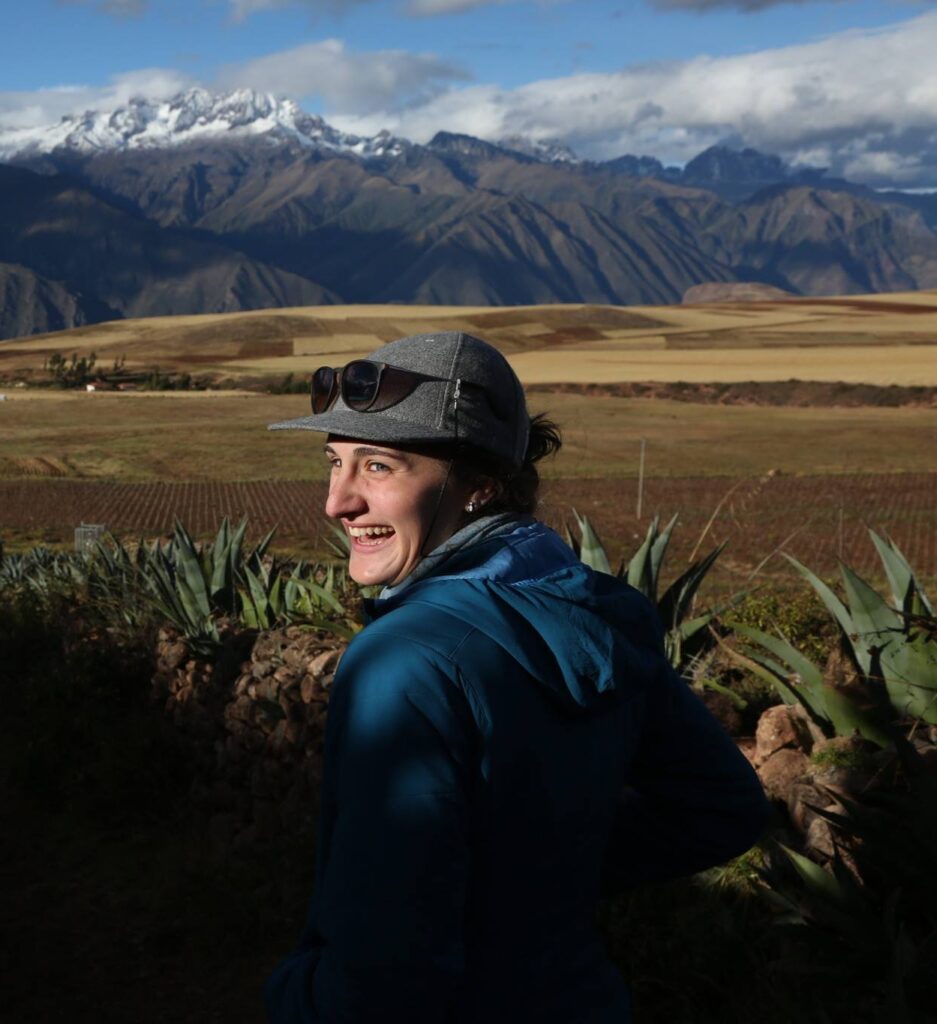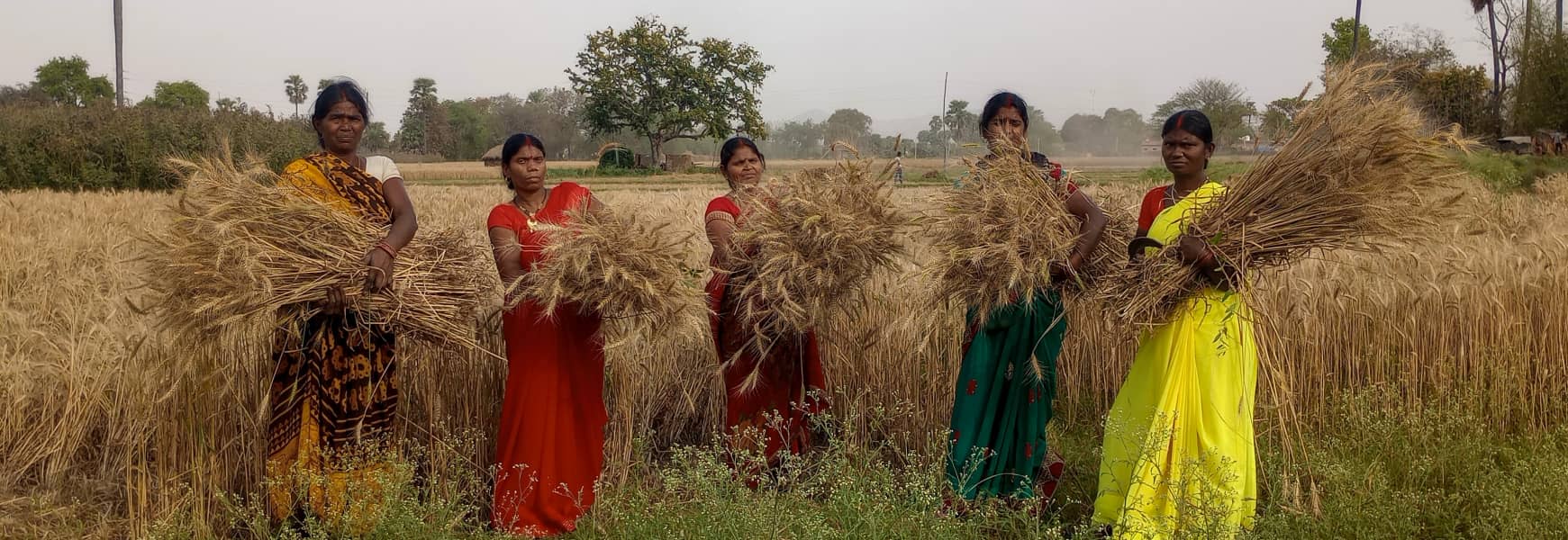Empowering Women in Agriculture: The Transformative Impact of Agroecology and Community-Led Initiatives
Women are essential to furthering the agroecological movement and improving the well-being of their communities and families. However, in many countries worldwide, women are more likely to be denied access to resources needed to be successful in agriculture (land, animals, access to money credit).
Agroecology, “the holistic and integrated approach that simultaneously applies ecological and social concepts and principles to the design and management of sustainable agriculture and food systems” (FAO) seeks to not only transform soil and environments but to heal our broken food system, thereby improving individual and community wellbeing. This includes ensuring farmers can grow nutritious, culturally important crops and have access to fair markets for the sale and purchase of agroecological products, which are essential for ensuring household food security and nutrition-related health outcomes.
Stories and data consistently show that women, when provided access to land and control over financial and agricultural decisions, are likely to invest in the nutritional well-being of their families. At Groundswell International, we collaborate with 14 grassroots NGOs across 11 countries who continue to invest in women and their economic empowerment, emphasizing the contributions they make to their families and communities as agroecological farmers and leaders.
In the fall of 2023, I had the opportunity to spend time with the Pragatishil, Unnatishil, and Simal Chautari women’s saving and credit groups supported by our partners in Nepal (Boudha Bahanupati Project-Pariwar and Rural Women Upliftment Association). I had the privilege to attend their meetings, spaces where women across castes and religions came together to discuss the management of their savings and credit programs.
In Nepal, individuals or families needing immediate cash funds are often exploited by moneylenders charging interest rates as high as 48%. The exorbitant fees can exacerbate or create new cycles of debt. However, women-led saving and credit groups offer community-led interest programs and create safe and empowering spaces for women to collaborate and have decision-making control over household economics and agriculture.
For example, the savings and credit group members meet monthly to manage their communal savings and credit fund. They each deposit a set amount to the fund monthly, and in return, the group chooses who individuals to receive a low-interest loan from the pooled fund. These recipients often use these loans to purchase agricultural resources or livestock like milking buffalo, where the milk is consumed by the household and sold, to cover school fees or emergency medical expenses for the women’s families.
What I found important about the saving and credit model is the hands-off approach of our local partners. While they offer initial training and ongoing capacity-building opportunities, the groups independently manage the funds. They have their own executive leadership committees and collectively set their own fund management rules, including processes for reviewing applicants for loans, interest rates, and fees for late deposits or payments. There is complete ownership and sovereignty of the process and what to do with the money accrued.
The saving and credit groups also create a sense of community. Most young women will leave their families and relocate when they marry (to live with their husband’s family). The savings and credit groups offer a space to build relationships and opportunities for leadership roles in their new communities. The more established members bring their new daughters-in-law into the group whenever possible.
Returning home from the field, I was left with a strong feeling of solidarity and community. Cycles of economic exploitation, lack of community spaces, and being denied decision-making power are experiences many women across the world may share throughout our lifetimes. Spaces where we can take collective action, learn from one another, and create women-led initiatives are needed to build equity. It left me wondering if similar models might be successful in my community and how we can all continue to find and participate in activities to ensure our voices, as women are heard.
This post originally appeared on LinkedIn. You can read the article here.
About the Author:

Groundswell International’s Program Director Rebecca Wolff focused her career on harnessing the power of collaboration to execute impactful projects at the intersection of agroecology, food systems, and well-being before joining Groundswell International.
Wolff is a two-time National Geographic Grantee, and she received her M.S. from the University of British Columbia, where she developed a framework to measure the impacts of agroecology and food sovereignty on well-being.

